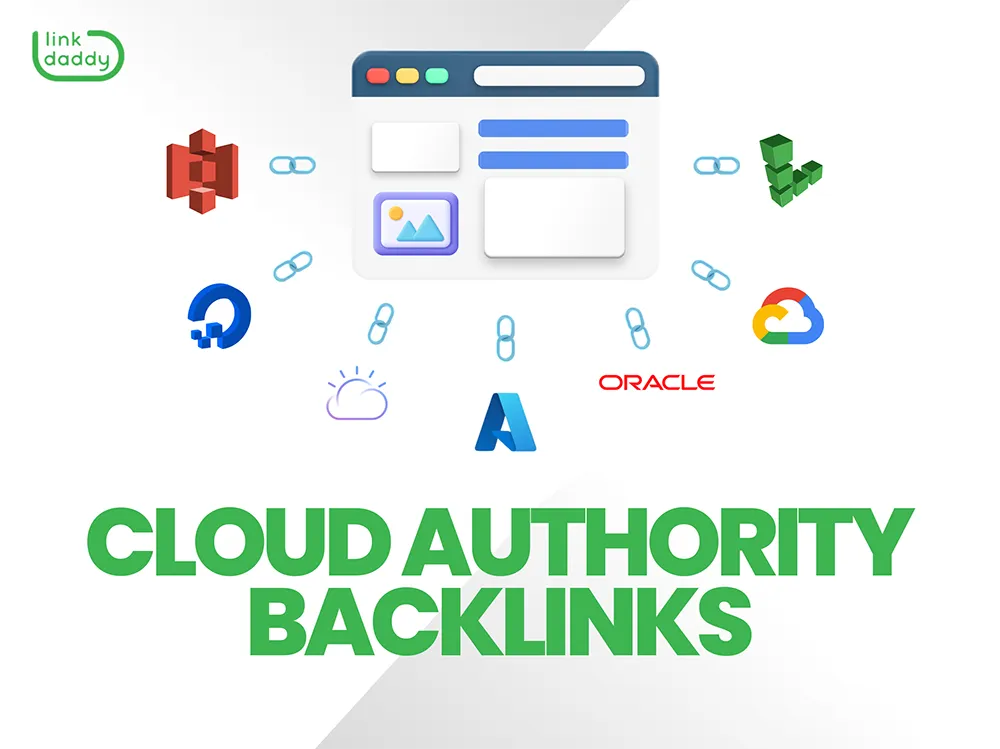Deciphering the Enigma Behind Cloud Solutions: What You Required to Know
In today's rapidly advancing technological landscape, the idea of cloud solutions has ended up being significantly pervasive, yet stays shrouded in a veil of secret for many. As people and services continue to welcome the cloud for its cost-efficiency, scalability, and flexibility, comprehending its details comes to be vital. From the different kinds of cloud deployment models to the critical safety and security considerations that enter play, browsing the world of cloud solutions can be a difficult task. This exploration aims to shed light on essential elements that are important for anybody looking to harness the power of the cloud efficiently.
Recognizing Cloud Services
To realize the idea of cloud services, one must understand the basic principles of virtualized computing and remote information storage space. Cloud services, also called cloud computing, involve the distribution of computing services-- consisting of servers, storage space, data sources, networking, software application, and analytics-- over the web to offer faster development, flexible sources, and economic situations of range. This design allows companies to gain access to technology resources without the demand for straight management of the underlying framework.

Comprehending these fundamental elements of virtualized computing and remote information storage is important for comprehending the benefits and functionalities of cloud solutions in today's digital landscape. - cloud services press release
Types of Cloud Implementation Models
Cloud implementation versions encompass various approaches for handling and releasing cloud computer services to fulfill certain service requires successfully. There are primarily three types of cloud deployment models: public cloud, private cloud, and hybrid cloud.
Public Cloud: Public cloud services are offered by third-party vendors online, making them quickly available and economical. These solutions are excellent for companies looking to unload IT procedures and upkeep to outside carriers.

Hybrid Cloud: Crossbreed cloud integrates elements of both public and exclusive clouds, allowing companies to leverage the scalability of the general public cloud while preserving control over crucial applications and information in a personal cloud environment. This design offers adaptability and customization alternatives, making it a prominent selection for services with dynamic workloads and varying IT requires.
Benefits of Cloud Provider
Enhancing operational efficiency and promoting development, cloud services supply a wide variety of benefits for contemporary businesses looking for to enhance their IT framework. Among the main benefits of cloud services is cost-effectiveness. By transitioning to the cloud, businesses can get rid of the demand for comprehensive equipment investments and upkeep prices. This pay-as-you-go design enables firms to scale their resources according to their present requirements, staying clear of unnecessary directory costs.
Another advantage is enhanced flexibility and scalability. Cloud services offer services with the capacity to quickly adapt to changing market conditions and scale their operations up or down as required. This dexterity enables companies to react immediately to brand-new opportunities and challenges, providing an one-upmanship in today's busy business environment.
Furthermore, cloud solutions provide boosted data protection and catastrophe recuperation capabilities. On the whole, leveraging cloud services can encourage businesses to enhance procedures, drive development, and attain long-term success in the electronic age. Cloud Services.
Protection Considerations in the Cloud
In the realm of cloud services, prioritizing robust safety actions is crucial for guarding delicate data and making sure functional resilience. Identity and accessibility monitoring devices help control who can access data and resources within the cloud setting, lowering the threat of data breaches.
Moreover, applying rigorous network safety procedures, such as firewalls and breach discovery systems, can assist avoid cyber threats and unapproved access to shadow framework. Compliance with industry laws, such as GDPR or HIPAA, is vital for companies dealing with delicate information to preserve and stay clear of lawful ramifications trust with consumers. By resolving these security factors to consider proactively, organizations can alleviate risks and with confidence utilize the advantages of cloud services while guarding their electronic assets.
Picking the Right Cloud Solution Provider
As companies navigate the detailed landscape of protection factors to consider in the cloud, the procedure of picking the appropriate cloud solution copyright comes to be paramount for ensuring extensive data defense and operational performance. When choosing a cloud solution company, organizations need to consider several key aspects. Firstly, examining the provider's safety and security methods, compliance qualifications, and information encryption techniques Check Out Your URL is important to guard delicate details. Additionally, examining the copyright's service level agreements (SLAs) for uptime warranties, support responsiveness, and disaster recuperation strategies is necessary to preserve operational continuity (linkdaddy cloud services).
Moreover, companies should analyze the scalability and adaptability of the cloud services supplied to ensure they straighten with future and existing organization demands. By conducting thorough study and due persistance, companies can choose a cloud solution provider that not only satisfies their technological requirements however additionally upholds high requirements of security and performance.
Final Thought
Finally, cloud services use numerous benefits such as scalability, cost performance, and flexibility. When choosing a cloud solution provider, comprehending the various types of cloud deployment models and thinking about protection steps are essential. It is necessary to assess the particular requirements of a company and meticulously examine the choices available to ensure a successful visit the website shift to the cloud.
From the various kinds of cloud release models to the essential security considerations that come into play, navigating the realm of cloud services can be an overwhelming task. Cloud services, additionally known as cloud computing, include the shipment of computing services-- including servers, storage space, data sources, networking, software application, and analytics-- over the internet to offer faster development, versatile resources, and economic climates of scale. Crossbreed Cloud: Crossbreed cloud incorporates elements of both private and public clouds, permitting companies to utilize the scalability of the public cloud while keeping control over important applications and data in an exclusive cloud setting.As organizations browse the intricate landscape of safety factors to consider in the cloud, the process of picking the best cloud solution company comes to be vital for guaranteeing comprehensive data protection and functional efficiency. Comprehending the various types of cloud deployment versions and considering protection measures are critical when selecting a cloud service company.